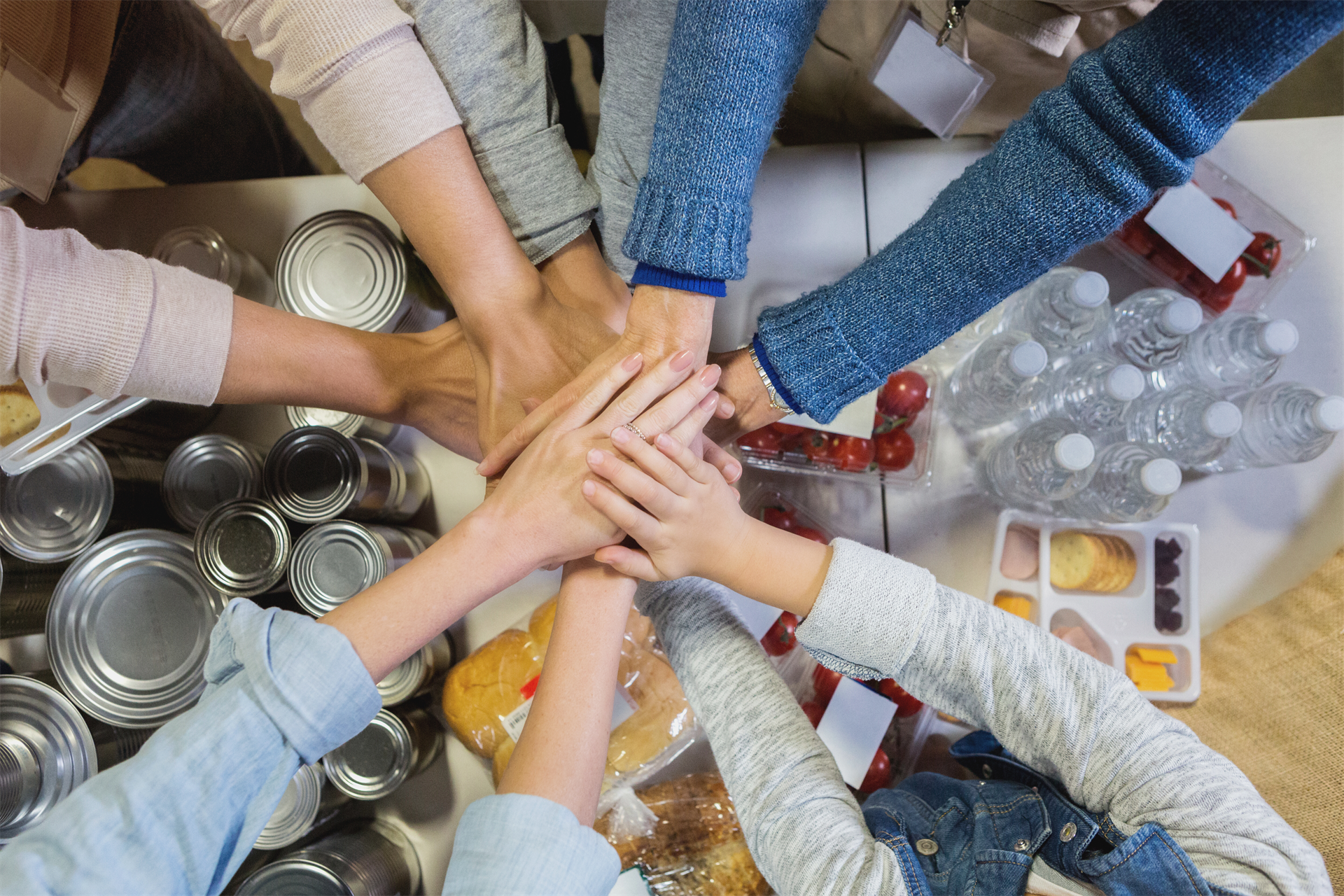
Follow Up: October Florida Food Forum
Strengthening Southeast Florida's Food System Action: Emerging Community Practices
If you were unable to attend the meeting, watch the full presentation online here.
To keep the conversation going, please add your thoughts and comments to our forum page here.
On October 22nd the Florida Food Forum on "Strengthening Southeast Florida's Food System Action: Emerging Community Practices" featured food systems experts from around Southeast Florida for a panel to highlight action-oriented collaborations in the region that focus on community-based engagement, action, multi-sector collaboration and advocacy through individual and collective leadership and activities.
Arely B. Lozano Cantu, Director of Health Access and Livability at Urban Health Partnerships was the panel moderator. Panelists included: Joanna Peluso from Healthier Jupiter, Amy Krigsman from Urban Health Partnerships, Jaime Castoro from Dania Beach PATCH, Nattaliah Earle from Sustainable Urban Resources Group (SURG) Consulting, Regina Silas from The JBS Foundation INC, Justin Dunlap from United Farmers Alliance, Xavier Deroos from Renuable, Sam Hopwood from Florida Impact to End Hunger and other members from the South Florida Hunger Coalition and South Broward Community Health Hub.
Erica Hall, Chair of the FLFPC Board of Directors, opened up the forum with a warm welcome. Arely then began the dialogue by asking panelists to introduce themselves and their organizations, and then proceeded to ask guided, discussion questions. Below is a shortened summary of some of the guest panelists' answers.
Arely: I wanted to ask some of the panelists if they could round us on what a food system is to get us started, and then just really thinking about how we need better coordination and strengthening to bring those parts of the food system together in a much better way.
Jaime: In my work with the Dania Beach Patch, we learned that the food system has basic parts that go across everything. It’s production, processing, distribution, consumer, and food waste. It’s more complex than that simple wheel; we have policymakers, government agencies, technical service producers, educators, and funders.
Nattaliah: Because of partnerships, like us coming together with UHP and forming and working with the groups that are involved like Renuable with the Community Health Hub, we are able to win grants that individually would never have been able to get. We are also able to, I use the term “buy in bulk” in this case as it refers to economies of scale, but really what it is that we’re able to reach more people and to make a success of that outreach because a lot of us are involved to make sure that low-access and low-income communities get access to healthy food.
Arely: Can Joanna and Amy give us a little bit more on how community-based engagement and assessment is important to the food system efforts and coordination that we’re doing and how it really helps us with the impact of the individual and community health and well-being.
Joanna: One thing that we are trying to do in the Jupiter community, since we are a place-based initiative, we get to elevate the voices of our communities for our unique solutions. With that, we are looking to bring as many voices as possible.
Amy: We as organizational leaders only know so much from our place on high, and unless we engage with people on the ground in the trenches that are living this experience every day, we can only really grasp what we imagine they go through and what might possibly alleviate those struggles. So, community engagement and thoughtful assessment are the only ways to get their picture of the situation and having the community lead and us acting as facilitators to co-design solutions that the community will really buy into and sustain in the long-run.
Arely: I just wanted to ask any other panelists if you had any other examples of how you all carry out how community-based engagement and assessment so that community members and perspectives and experiences are really the true leaders of our work?
Xavier: Us having a foot in the food waste department makes us a little bit more unique but getting the community involvement in their buy-in when it comes to what’s been working and what hasn’t been working in terms of recycling and composting programs. It gives us a better perspective on how to go forward and make collaborations that are long standing, rather than start with a spark and then it kind of fizzling out.
Arely: Are there any insights that you might have right now to share with everybody about inclusivity about BIPOC youth, and how their leadership and their efforts can influence the work that we’re doing?
Xavier: We believe that it is particularly important to focus on youth involvement in the local food system because there’s been this increasing gap in the transfer of information intergenerationally, that includes information about traditional agriculture, local food identification, and preparation of that food.
So, we also want to take into account and actively promote people of color, Black and Indigenous youth being heavily involved in the food system, not just making sure that they are present but that they’re heavily involved. They have historically lived in areas that have been disproportionately affected by inequalities both in availability and the options of nutritious food but as well as their local food systems resilience.
Nattaliah: It was almost miraculous to watch as some of these kids go from not knowing where their food came from to understanding the cycle of plant and then understanding how recycling works and why it’s important, but also to watch as a few of them would tell us that they are teaching their grandparents. Their grandparents who have been separated from the land for so long within an urban community, where nothing really grows, to being able to start gardens themselves in their own homes and teaching their grandparents how to grow food.
Arely: I know that Regina and Justin both work in more technology-oriented efforts around the food system. So how are you, Justin and Regina, bringing those things together, technology, the youth, and economic development for the youth and the communities you all serve?
Justin: Some of the stuff that United Farmers Alliance focuses on is economic development along with the development of agriculture in underserved communities. We used to have a lot more farms in these high density, underserved communities, but since development has happened, it’s pushed a lot of those agricultural farms and entities out. So, we are really trying to utilize what space is left by doing aquaponics and hydroponics and developing this high-volume production where the food’s needed most, and then creating enough equity where residents can also sell those products.
Regina: I am on the development component, but my main goal and objective is to teach our youth entrepreneurship to the food ecosystem, as well as gentrification. I want community and economic development, not just to build up the buildings, but to build up the people that are already existing in the community.
Arely: Can you share a little bit more about how improving our communications and work around policy systems and environmental change advocacy can really help us sustain some of the work that we are talking about today?
Sam: Communication and advocacy go hand-in-hand, both pieces are critical in preserving existing programs within the food system and being able to expand, enhance, or build new parts to that system. These aspects, communication and advocacy, where we must strongly leverage all of the pieces that we’ve already talked about today: community engagement, collective impact, coordination, collaboration, technology and everything else. Working together through these pieces allows us to communicate more effectively from our local grassroots up in Tallahassee and even beyond that.
To wrap up the discussion, Arely asked panelists for their final thoughts on how collaboration efforts have supported their work and what are their visions for the upcoming year in their respective organizations.
At the conclusion of the panel, the forum opened up for an informative Q&A session.
Watch the full recording on our YouTube channel here
Learn more about the panelists’ organizations on their websites:
Urban Health Partnerships
Healthier Jupiter
Dania Beach PATCH
The JBS Foundation
United Farmers Alliance
Renuable
Florida Impact to End Hunger
Guest Speaker Bios:
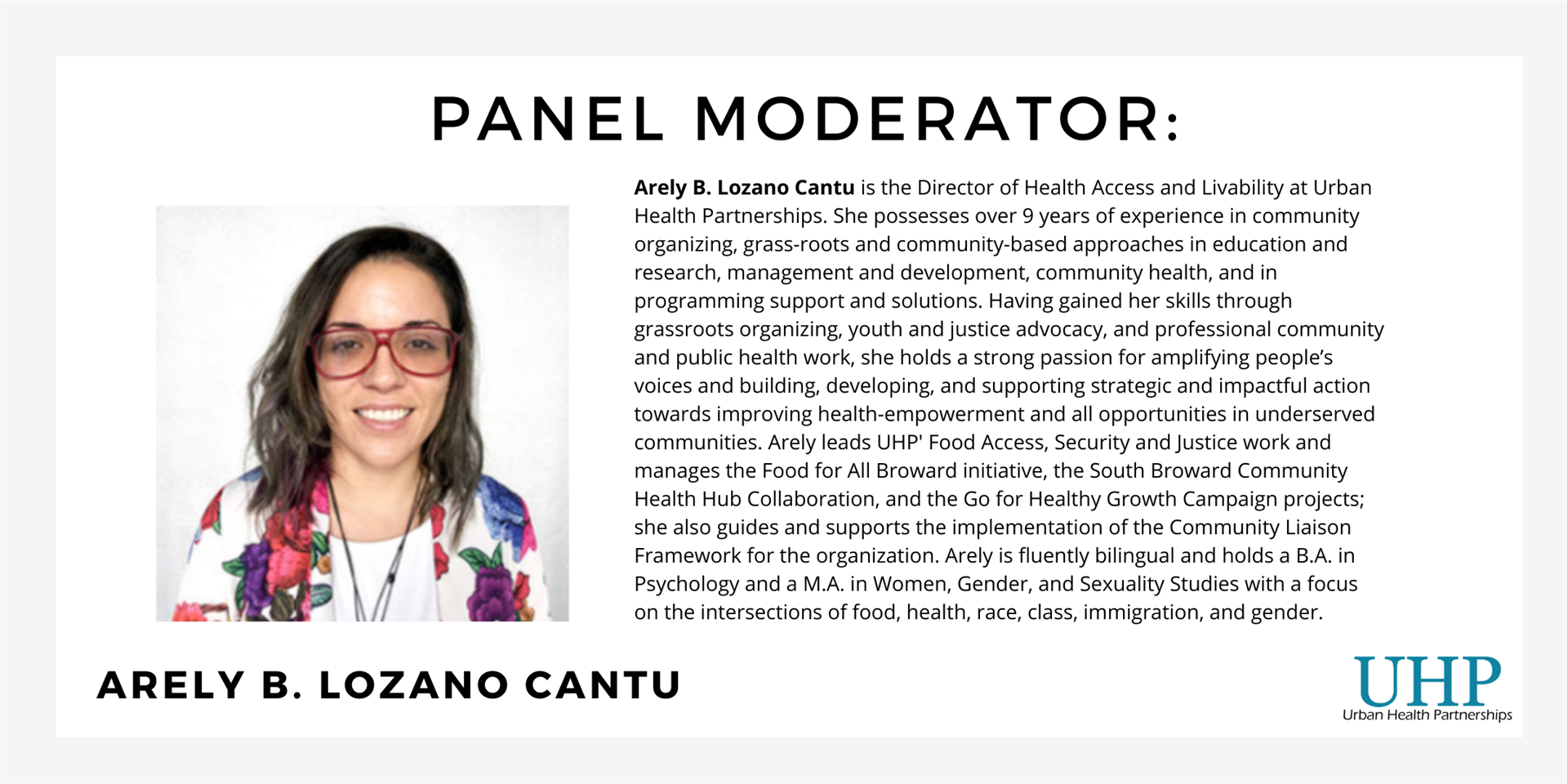
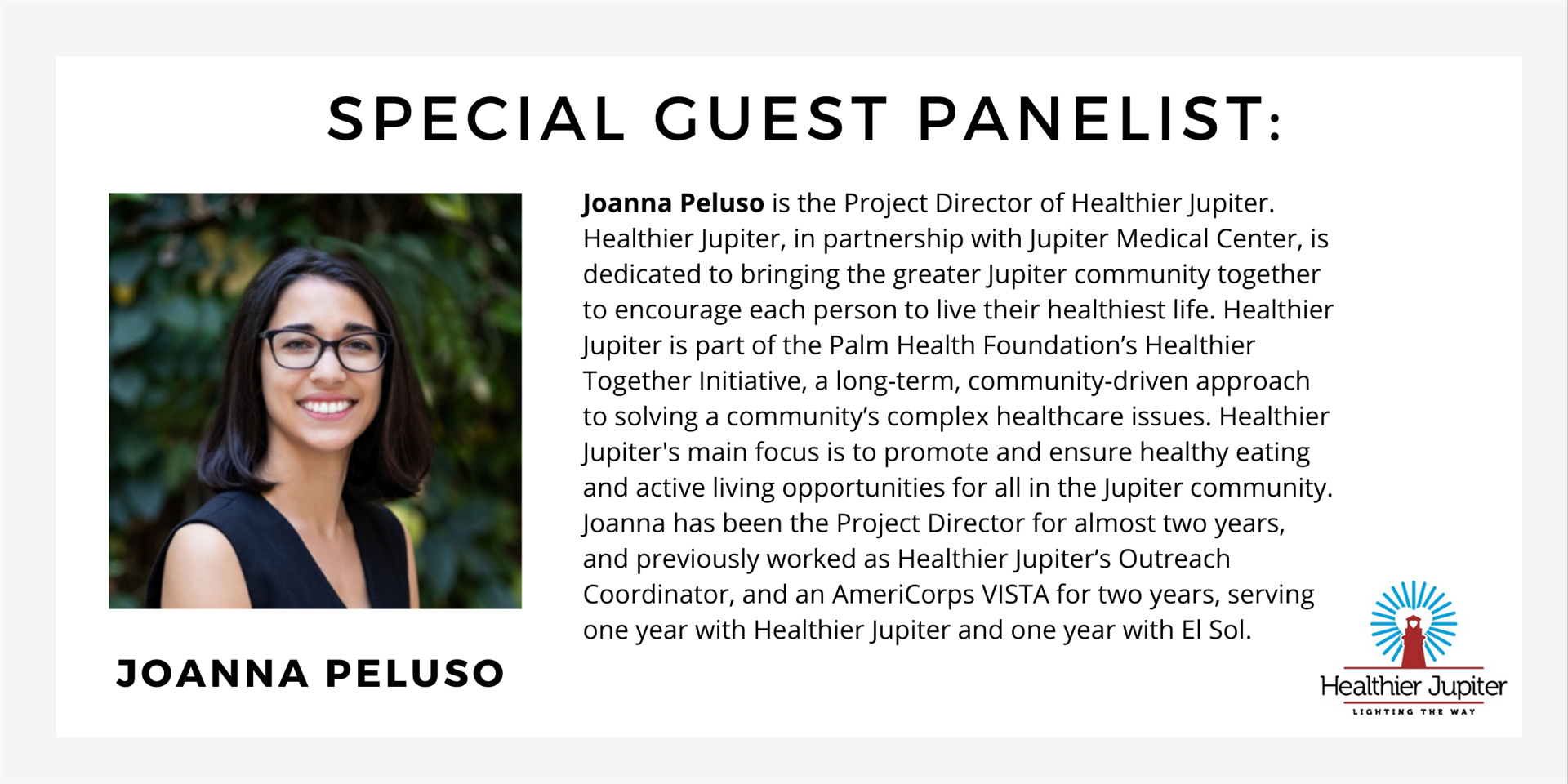
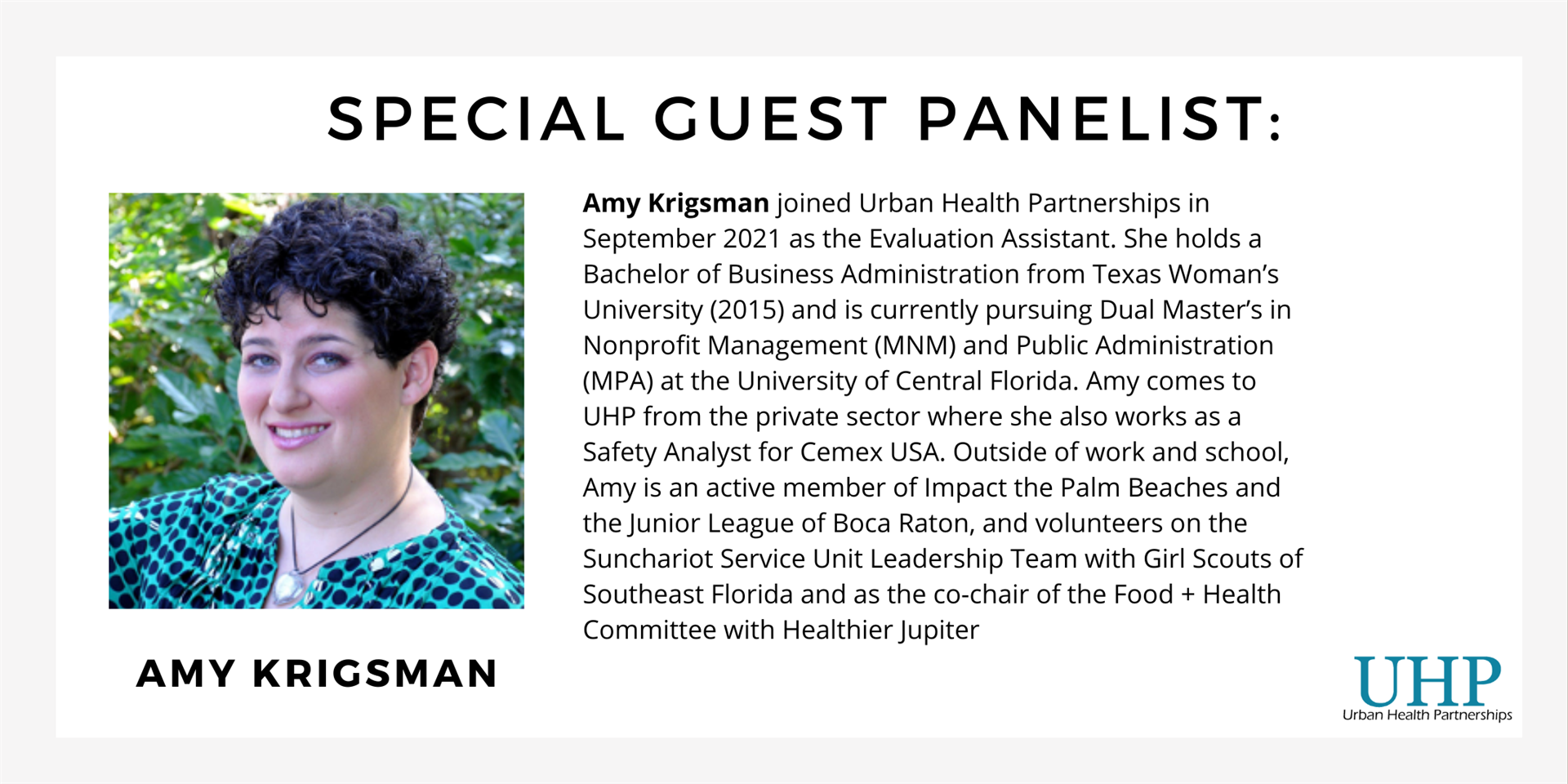

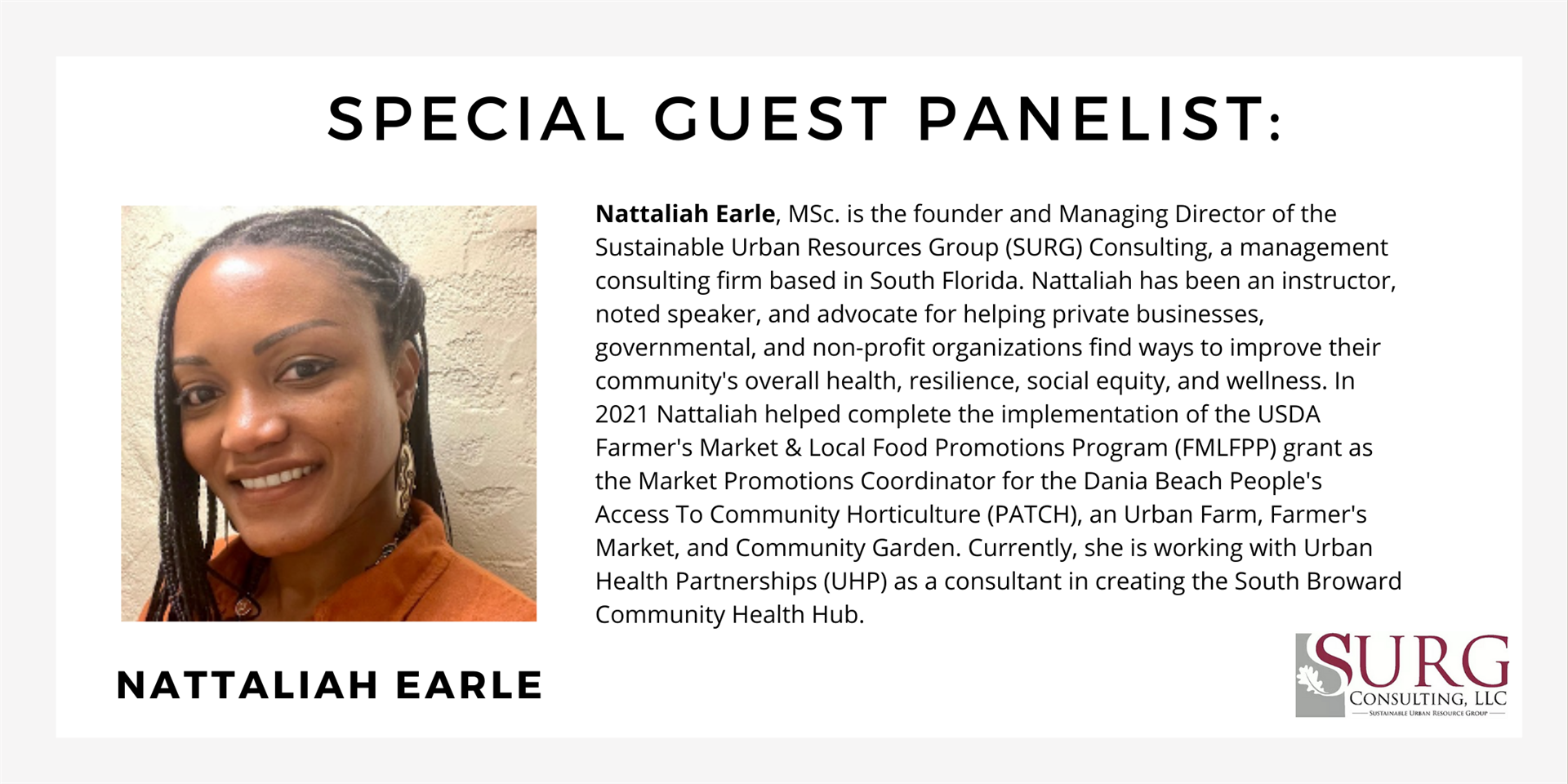
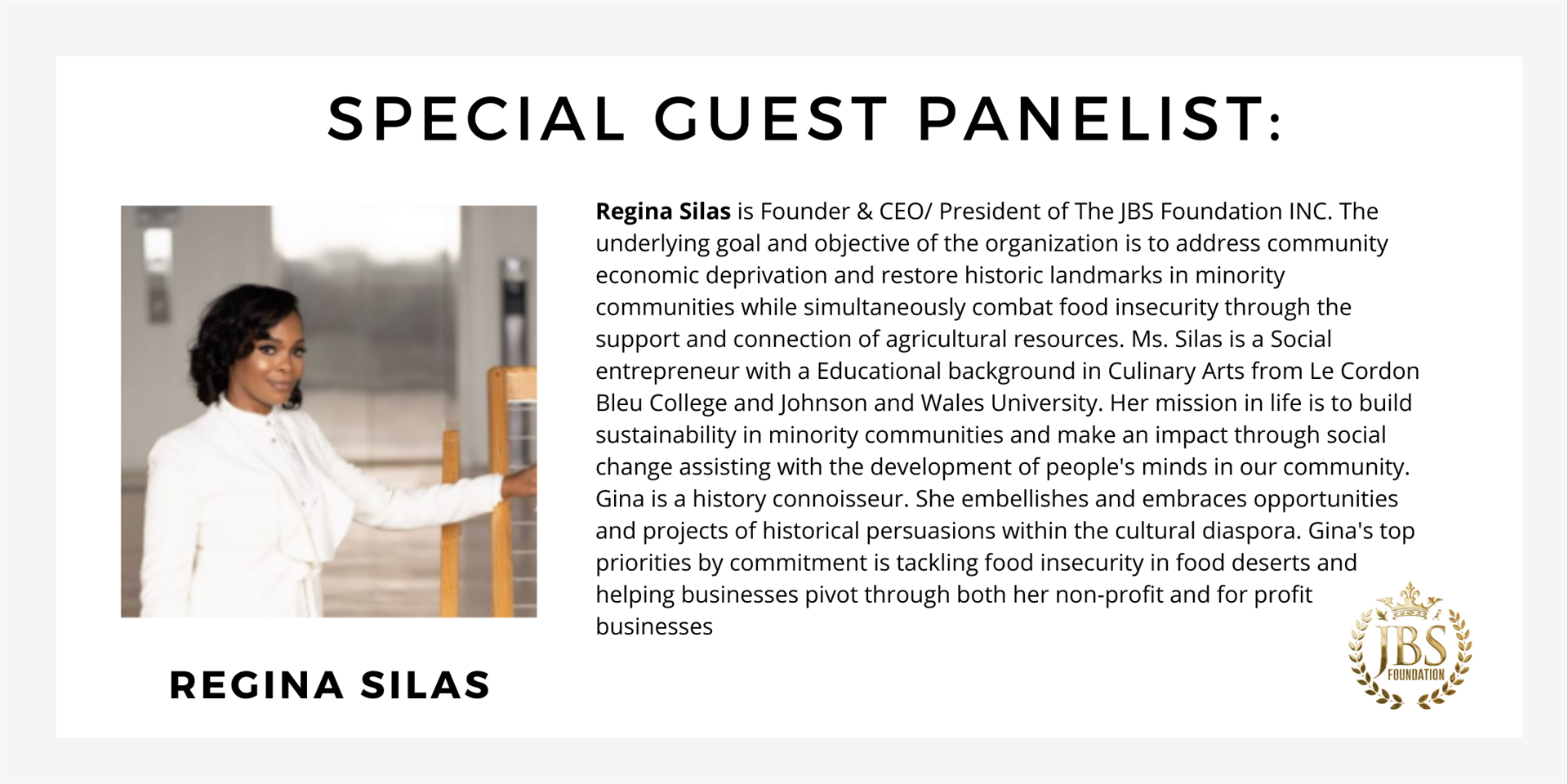
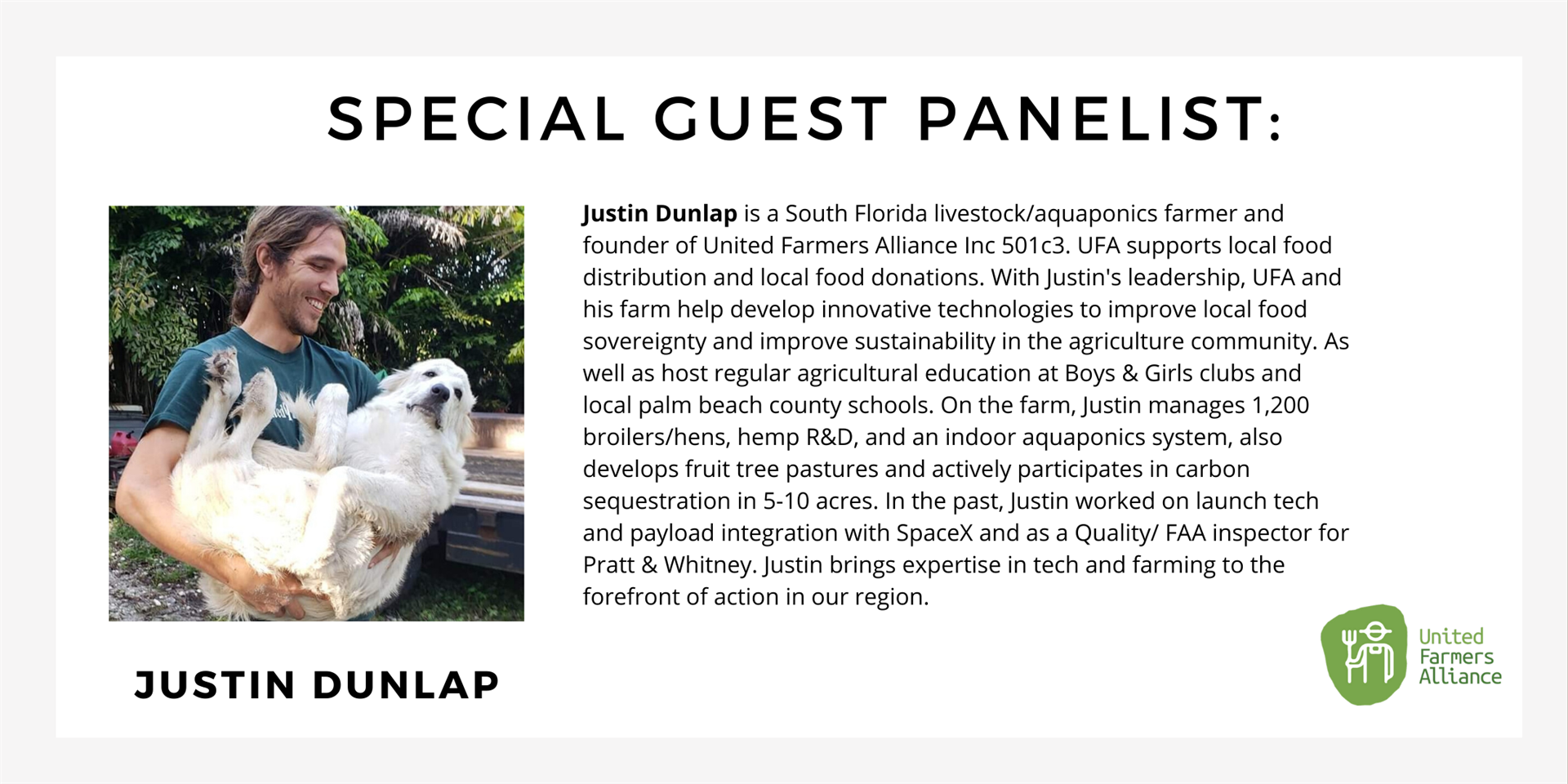
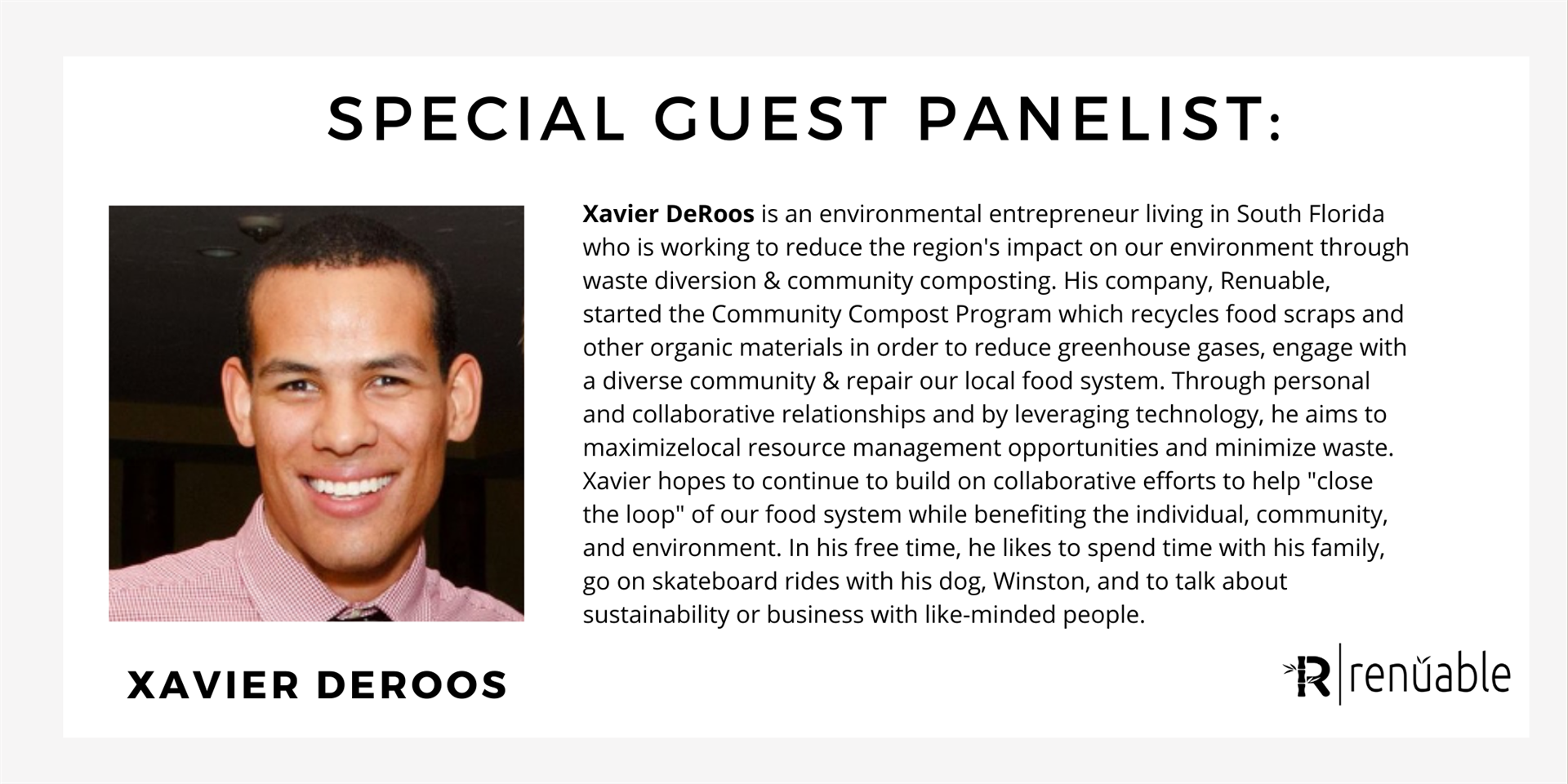
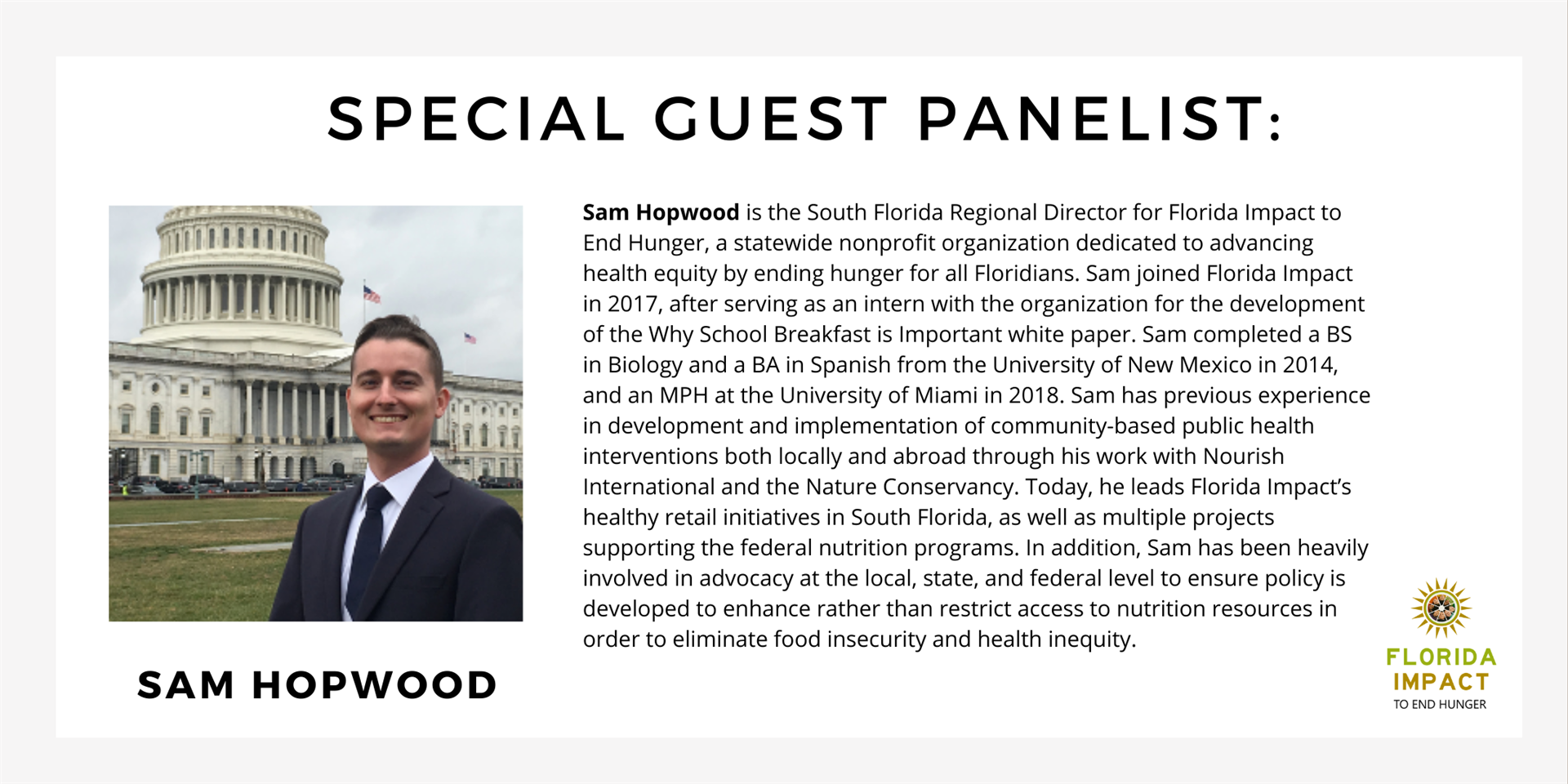
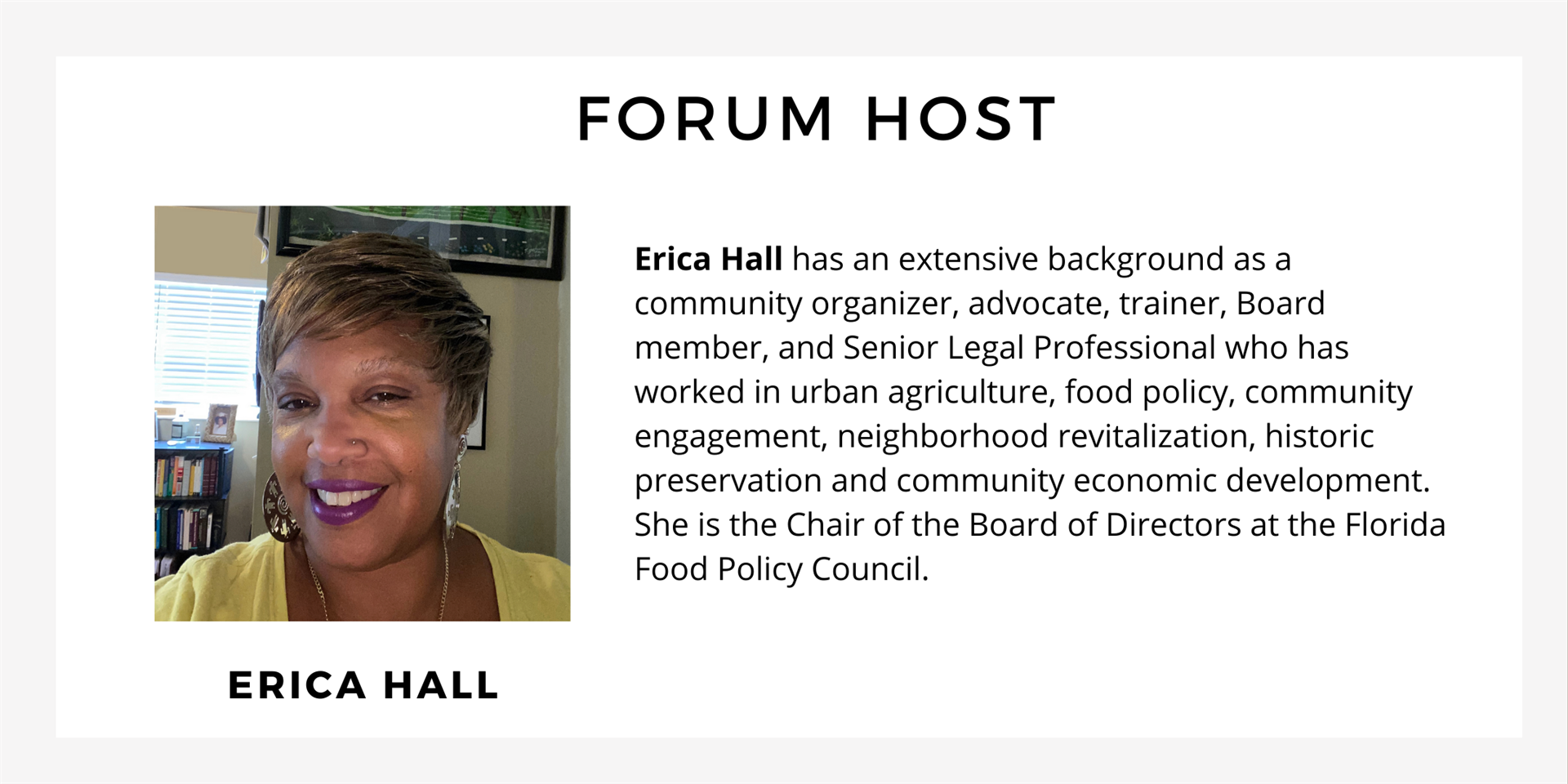
Thank you to our sponsor for making this forum possible:
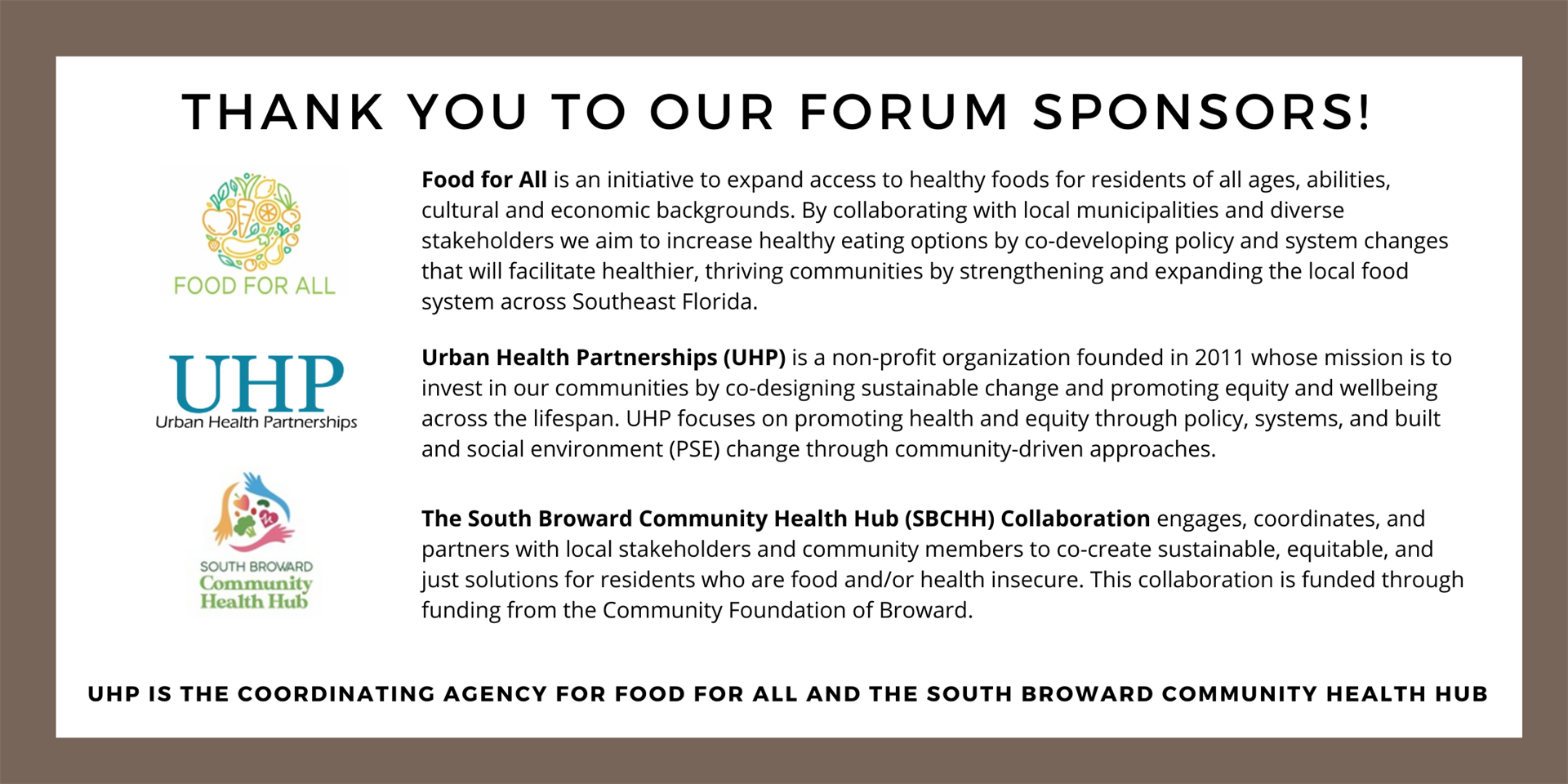
The Florida Food Forum is a free event. To support our work, please consider becoming a member or making a donation. For questions or more information, contact us at: info@flfpc.org
Disclaimer: The views of the presenters do not represent the views of the Florida Food Policy Council. We are a forum for the offering and sharing of information and encourage diversity and communication within the food system.